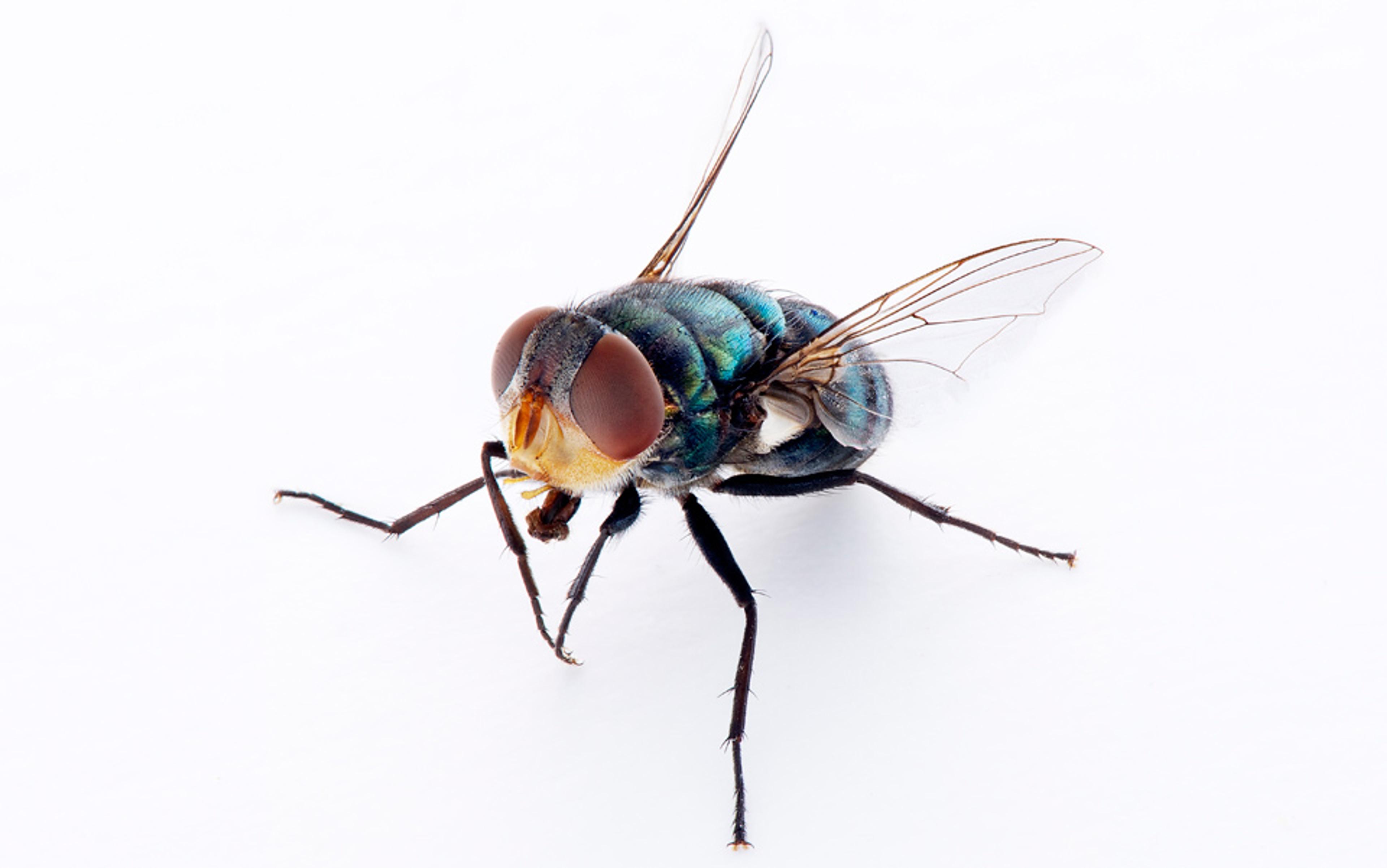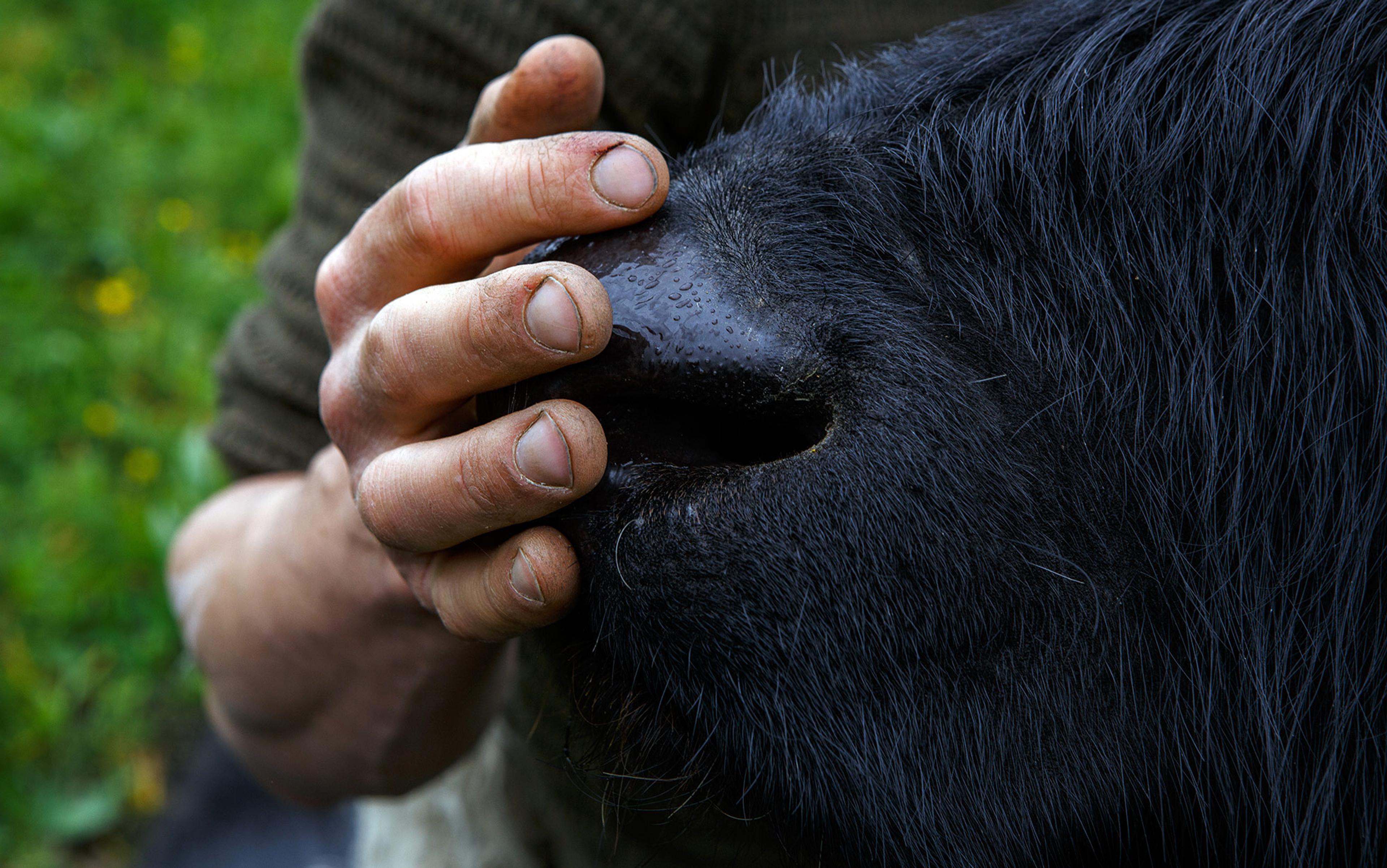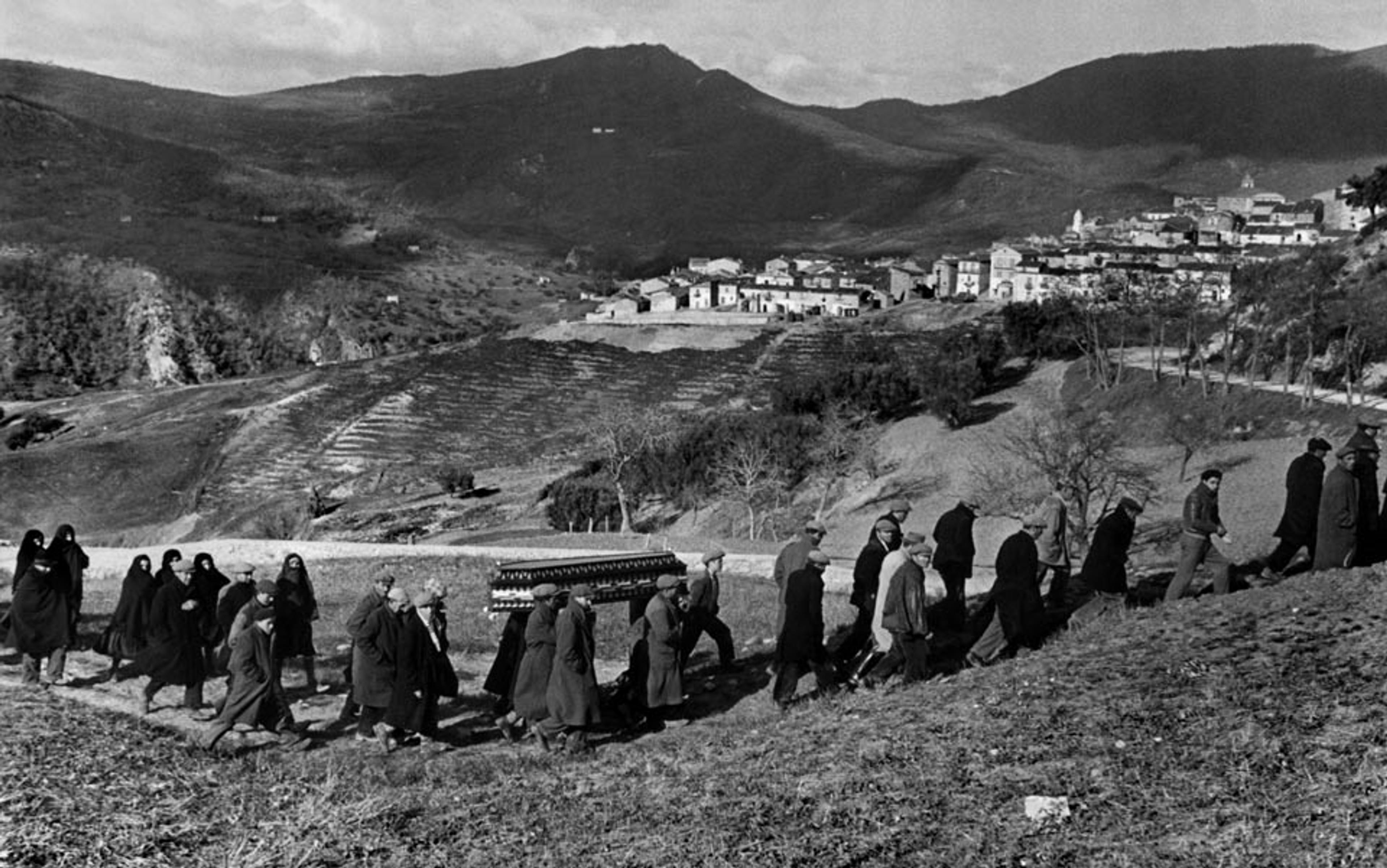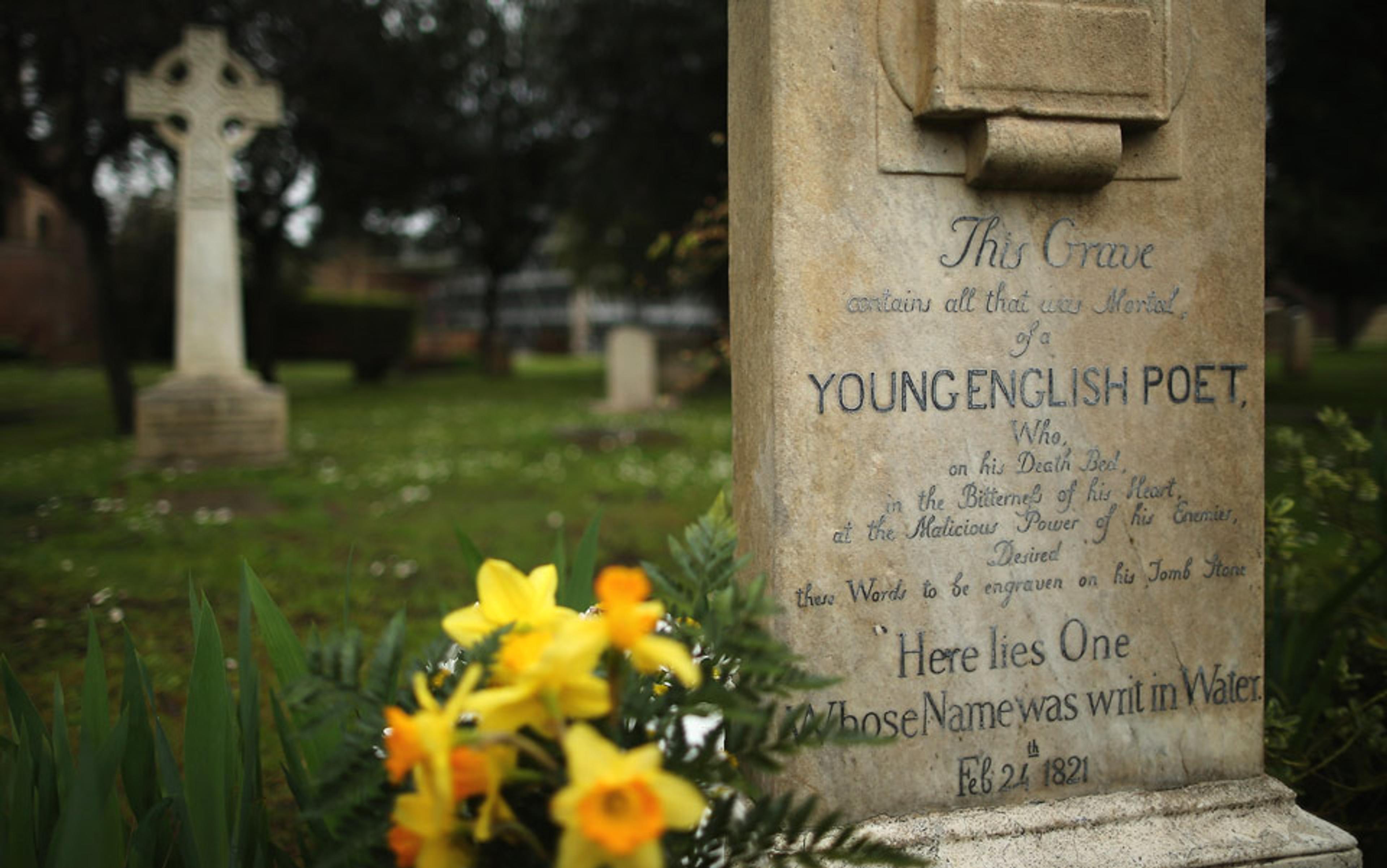This morning a tiny fly was, true to its name and nature, flying about in the vicinity of my desk. It really was very tiny – a fruit fly, I’d guess. At one point it landed in front of me. I brushed it aside and it resumed flitting about in its patternless path. Then it landed again, and again I aimed to brush it aside. But this time, my aim was off. It was probably a matter of only a millimetre or so, but my finger landed, not next to the fly, but on it, and so what was meant to be a brushing motion became instead a squidging motion.
The fly was so small that it didn’t offer the least resistance to the pressure of my finger. Compliantly, it transformed itself into a dark smudge. Not a gory or bloody smudge; not one with the least detail or variation – not to my naked eye, anyway. Just a small, uniform, rather faint mark.
Now, I’m not a biologist, but I know that a fly is an animal, and more specifically, an insect. As such, it has (or had) wings, legs, eyes, antenna and a host of internal organs. Those parts are in turn made of cells, each one of which is hugely complex. And in those cells, among many other things, are – or were – the fly’s genes, which in turn embody an astonishing intricacy and an ancient, multi-million-year history, while in the fly’s gut would have been countless bacteria with their own genes, their own goals. Worlds within worlds, now squidged together into a single dark smudge that I am already finding it hard to pinpoint among the scratches and coffee rings. A history of life spread out before me, if only I were able to read it.
At this point, I guess that readers will be dividing into two parties. One party, probably the majority, will be thinking, ‘Get over it, it’s a fly.’ This, it seems to me, is a very reasonable position. Flies die in large numbers all the time – some, indeed, at my hand, whether I intend it or not (and I sometimes do). And in the summer evenings, when I sit on our terrace and watch swifts in their spectacle of swooping and screeching, this beautiful display is, of course, at the same time an orgy of insect death.
The other party of readers, probably the minority, will be horrified at my casual killing of this delicate life-form. They will be appalled at the waste and stupidity of my carelessness. To them, I must be an oaf; at best ignorant, at worst malevolent. And this, it seems to me, is also a very reasonable position. Even though I habitually write – sometimes about complex subjects – it is certain that with one mistimed finger-swipe I destroyed complexity and beauty many orders of magnitude greater than any I will ever create.
Thus it seems to me quite reasonable to think that the death of the fly is entirely insignificant and that it is at the same time a kind of catastrophe. To entertain such contradictions is always uncomfortable, but in this case the dissonance echoes far and wide, bouncing off countless other decisions about what to buy, what to eat – what to kill; highlighting the inconsistencies in our philosophies, our attempts to make sense of our place in the world and our relations to our co‑inhabitants on Earth. The reality is that we do not know what to think about death: not that of a fly, or of a dog or a pig, or of ourselves.
Which is a problem, because nature is a streamers-and-all, non-stop, cork-popping party of death. For example, I regularly take my children to a large park with a series of ponds, where in spring we look for frogspawn. This gelatinous broth is a mass of life in the making. Each batch contains many hundreds, even thousands of eggs. The next time we visit, the pond will be full of tadpoles, like a page covered in punctuation marks. But the time after that, there will be many fewer; and the next time we will have to look hard for those metamorphosing mini-frogs, as tiny as keychain toys, some still with their tadpole tails. Those we find are the few survivors, whose numbers will be thinned still more before any get as far as restarting the cycle with their own spawn. The Way of the Frog is to get Death so full at the feast that a few can slip past while he slumbers.
This party of death is, of course, at the same time a cork-popping party of life. For all the tadpoles that perish, some still make it to become frogs, and have been doing so for at least 200 million years. Those that don’t are the stuff of life for countless other creatures, from the littlest insect larvae to grand old storks. Indeed, frogs are regarded as a keystone species, which means that the death of their multitudinous offspring, along with the death that they themselves deal out, is crucial to the flourishing of the community of life. In the language of ecology, life and death are obligate symbionts, each wholly dependent on the other.
We too are built on a bedrock of old men’s bones. Our evolution to Homo sapiens is a product of the endless winnowing out of the unfit and the unfortunate. If some australopithecine apeman or woman had stumbled across the elixir of life, it is very unlikely that you or I would exist. It is worth bowing our heads for a moment to all our ancestors whose passing away made our lives possible.
I was drawn to imagine the great finger coming to squish me, my little life flashing before my bulging, compound eyes
But here we are – and many people would like it to stay that way. That tadpoles are fodder for pond-life is as natural as the leaves falling on the water in autumn; that flies get squidged is as ordinary as apples rotting in the orchard. One’s own death, on the other hand, seems most unnatural. It seems rather an error and an outrage; a cosmic crime; a reason to raise one’s fist and rebel against the regime that ordered this slaughter of innocents.
But here we are – guests at the party of life and death. We know we must exit along with the flies and the tadpoles. But we would rather not think about it. And that, perhaps, is the problem with my dead fly. When I squidged it, I summoned the Reaper to my desk. If only briefly, I caught his eye. If I had turned away fast enough, the fly’s death would have remained as insignificant as those of its invisible brothers and sisters caught by the swifts. But I was drawn instead inside its tiny head, drawn to imagine the great finger coming to squish me, my little life flashing before my bulging, compound eyes. Through a lapse in my indifference, I was drawn into the catastrophe, drawn to make its death my death.
Veganism, like the Indian religion Jainism and other movements that preach a very purist strain of non-violence to other beings, seems to me a response to this one side of our contradictory perception of mortality – its catastrophic nature. Such movements take seriously the catastrophe that is every single death of every single sentient creature, whether fly, rat, frog or human. And so they say: not by my hands, not on my watch, not if I can help it. They are anti-death movements, whose followers go to great lengths not to squash flies or mosquitoes, let alone have big fat pigs killed on their behalf.
This horror at the death of other creatures is intimately bound up with horror at the prospect of one’s own demise. Flies come and go in countless masses, mostly beyond my sight and care. But when something happens that causes me to empathise, to become the fly, then its death becomes terrible. As the poet William Blake realised when he, too, carelessly squashed an insect:
Am not I
A fly like thee?
Or art not thou
A man like me?
Some clever research from the field of social psychology has demonstrated a close association in our minds between animals, animal products, bodilyness generally and our own mortality. The upshot is that these things give off a whiff of the Reaper that colours our response to them. The studies are part of a body of work known as ‘terror management theory’, which holds that our world views largely function to help us manage the terror of death. That means all world views: in the case of religions such as Christianity with their promise of eternal life, the link is very obvious, but secular belief systems have their death-defence-mechanisms too, often closely paralleling the religious ones. For example, just as Christians believe they will be resurrected by God, those who subscribe to cryonics – being frozen upon death – believe they will be resurrected by scientists.
Veganism and, to a slightly lesser extent, vegetarianism both follow this pattern, as modern secular parallels of Jainism. Their response to the terror of mortality is to attempt to create a zone of non-death, a zone from which the Reaper has been entirely banished, visiting neither flies, nor rats, nor us. In Jainism, the death-denial element is explicit: your ultimate reward for keeping your hands unbloodied is to become godlike. In veganism, it is only implicit, but nonetheless the religious or ritualistic elements are present: such as in the actions of a friend of mine who, when deciding to become vegan, threw out the half-finished pack of butter in her fridge. What animals were helped by this act, what suffering allayed? None, of course. But it at least banished death from her toast.
I said that seeing each death as a catastrophe seems a perfectly reasonable response, and veganism and Jainism are its logical extensions. They attempt to resolve the paradox by denying the other side, which says that the death of a creature is at the same time insignificant, natural and inevitable. However, as reasonable as it is to take the catastrophe of death seriously, to ignore the other side of the paradox altogether leads us only into fantasy.
It is the fantasy of a day when (in the words of the Old Testament) ‘the wolf shall dwell with the lamb, and the leopard shall lie down with the goat’. It imagines a world in which the catastrophe of mortality has triumphed over its insignificance. ‘Then,’ as St Paul wrote, ‘shall come to pass the saying that is written: “Death is swallowed up in victory”’, and we all might live happily ever after, flies and all.
Just because nature is a cork-popping party of death does not mean that death is right or good
But it is a fantasy. We cannot do away with death without doing away with life. In the Natural History Museum in my adopted home of Berlin, there is a glass cabinet in which a lion looks into the eyes of a zebra. They are just a few feet away from each other, with no barrier between them, but this lion will nonetheless never claw at this zebra’s flanks, nor break its neck nor tear out its bowels. They seem instead quite comfortable in each others’ presence, like old acquaintances, reminiscing perhaps about the warm savannah sun. The threat of imminent, violent death has been banished. And that, of course, is because they are filled with cold metal and wood shavings, instead of the hot blood that made them once alive and mortal enemies.
No, we cannot do away with death without doing away with life. And this applies equally to the animals in our charge. The vegan friend who threw away the butter also once said to me that she did not want animals to die because of her. But of course, before they die for her (or you or me), they live. Whether they live well is a very important, but nonetheless separate, question. Caring and campaigning about animal welfare is noble and worthwhile. But abolishing such animals altogether is saying: because I am horrified that they must die, I will not let them live.
It is a well-known fallacy to extrapolate from what is to what ought to be. Just because nature is a cork-popping party of death does not mean that death is right or good. Just because all flies die, this does not mean that my fly deserved what it got when I squidged it. But on the other hand, nature does set limits to what is possible, and perhaps even thinkable. Nature will not tolerate an end to these cycles; it will not tolerate life without death.
There is an equal and opposite alternative to veganism’s insistence on the momentousness of each death, and its ensuing death-denial. We can instead assert death’s insignificance. Whereas in the first approach, each life acquires infinite value such that we dare not let it end, in the second approach, we strip each life of its value so that its end is a matter only of indifference. This approach, of course, is nihilism.
Perhaps death’s relentless reaping should make us question the existence of higher meaning. But who thought there was such a thing anyway?
There is a long tradition of seeing in the omnipresence of death the negation of all meaning, hope and value. It was what the poet Alfred, Lord Tennyson meant when in 1849 he described Nature as ‘red in tooth and claw’. He laments that she is ‘so careless of the single life’, then, on considering fossils, how she is so careless of whole species. She cries: ‘I care for nothing, all shall go’, and Tennyson concludes: ‘O life as futile, then, as frail!’
But just as the first attempt to escape the paradox becomes an attempt to deny the undeniable, so does this one. The fact of death does not destroy meaning: indeed, as we pass through the heat of life we cannot help but produce meaning, like a popcorn machine produces popcorn. This is what living things do: they imbue the world with significance and value; for an organism there is always better or worse, relevant or irrelevant; there is always something to do. This is what differentiates us from the rock that is indifferent to being pummelled to sand by the sea.
Perhaps, as Tennyson believed, death’s relentless reaping should lead us to question the existence of some higher meaning – one above, beyond or external to us. But whoever thought there was such a thing anyway? Not the frogs and tadpoles. And not me – yet I’m not therefore tempted to despair, at least not while a good dinner is waiting.
Because life is so teeming with intentions and meanings, the death of each creature really is a catastrophe. But we must live with it anyway: as we saw, the alternative is the most desperate and convoluted of denials.
Once when on holiday as a child, I remember my father wielding some insecticide spray against a column of ants invading our rented chalet. Thinking this looked like a fun thing to do, I took the spray-can outside to the ant’s nest and went on the offensive. To my surprise, my father came out and told me to stop. I had no business killing them all like that, he said. I was confused: my dad was a sausage-eating, fly-swotting man, who had grown up on a farm, and had himself just moments before brandished the same spray-can. But I was also relieved. I was glad that he thought it wrong; I was glad that he thought the death of an ant not only insignificant, but at the very same time a catastrophe.
from the viewpoint of the gods, the deaths of us and the flies are equal in their insignificance
He did not explain exactly why he thought my ant-hunting was wrong. He did not try to rationalise the apparent contradiction in his own actions with a grand theory. Though if he had been pushed, he might have said: we cannot stop Death from going about his business; and we oughtn’t pretend that sparing the ants (or the flies or the butter) will keep him from our door; but we need not rush to be his foot soldiers either.
Those hoping that I would resolve this paradox might now be getting a little anxious, as we are reaching the penultimate paragraph with no solution in sight. But it should be clear by now that I do not believe there is a solution. I believe that the death of the fly was both insignificant and a kind of catastrophe. And I believe that about the deaths of frogs and pigs too, and about my own death, and yours.
This, as Shakespeare knew, is the source of tragedy: ‘As flies to wanton boys are we to th’ gods,’ said the much-suffering Gloucester in King Lear. The boys are wanton because the death of any creature, even a fly, is a catastrophe; but at the very same time, from the viewpoint of the gods, the deaths of us and the flies are equal in their insignificance.
Philosophers academic and amateur – which is to say, pretty much all of us – prefer to think that paradoxes must have solutions, that they are somehow just the wrong way of looking at things, or a muddle of grammar and syntax. But not this one. It is, as far as I can see, part of the nature of things. To take both sides seriously and to seek some way to live with them is part of what it is to be human; part of what it means to be a guest at the party of life and death.





